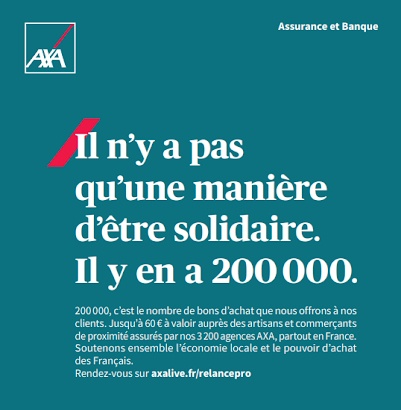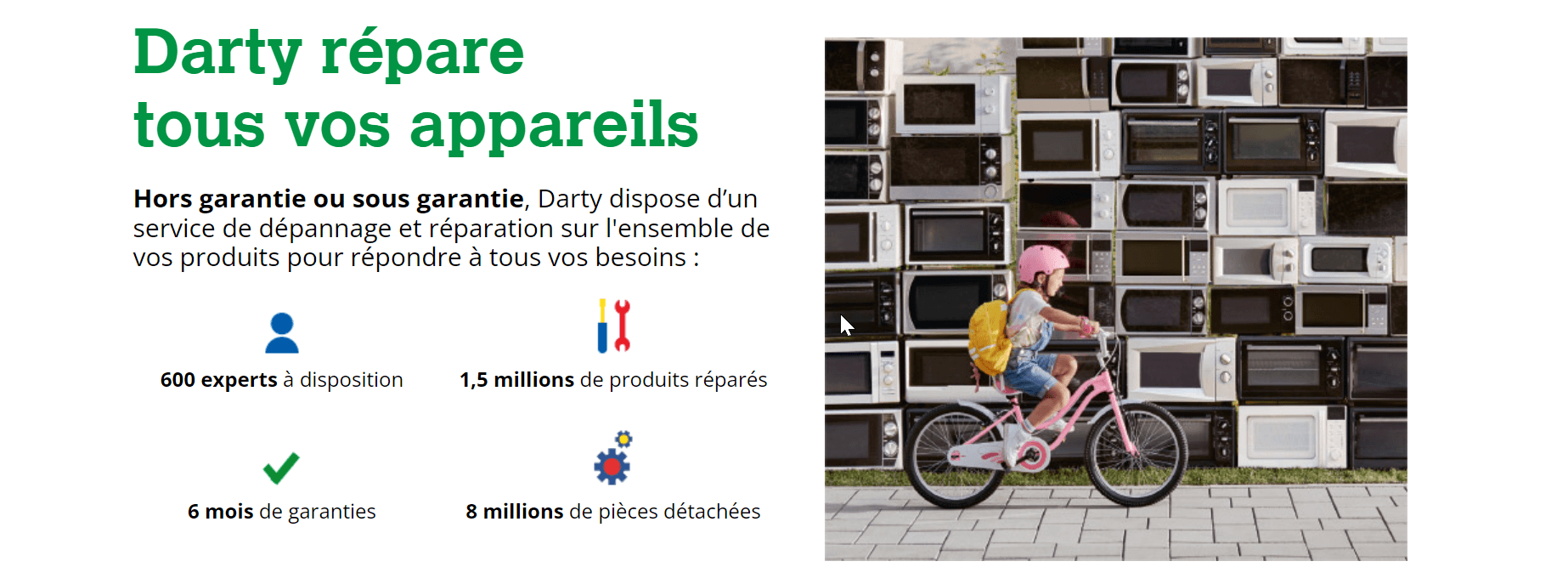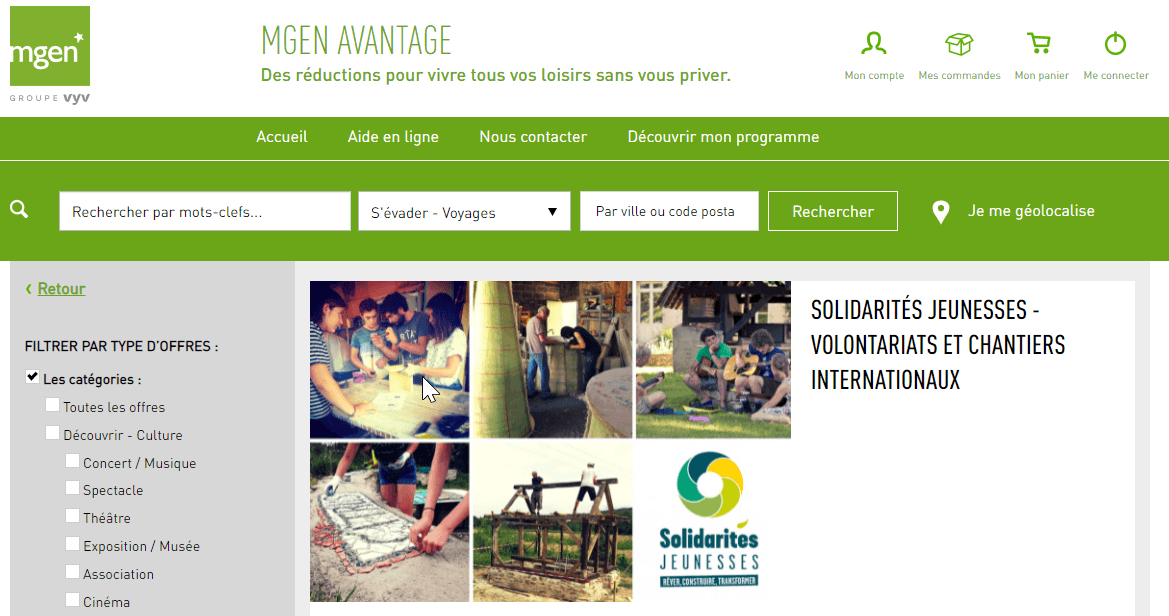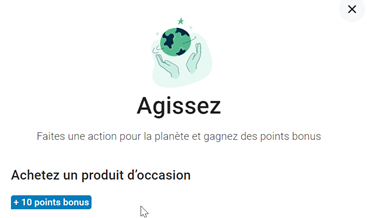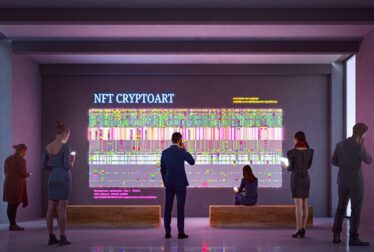Corporate Social Responsibility (CSR) is defined by the European Commission as the voluntary integration by companies of social and environmental concerns into their business activities and their relations with stakeholders. The ISO 26000 standard, which establishes guidelines for corporate social responsibility, published on November 1, 2010, defines the scope of CSR around 7 themes:
- the governance of the organization
- human rights
- working relationships and conditions
- the environment
- fair practices
- consumer issues
- communities and local development.
The response to these issues involves all levels of the company: production, logistics, human resources… In this article, we focus on the links between these issues and loyalty marketing. Customer marketing plays an essential role in the face of CSR issues: it must direct consumption towards products that comply with social responsibility requirements, and more generally, it must encourage responsible consumer behavior.
Concretely, how is this possible? Is there not a contradiction, for example, between the desire to retain consumers and the need to limit overconsumption? Or between the desire to offer products at the best price and local production in the best working conditions?
In reality, marketing is evolving, not only to enable companies to comply with CSR commitments, but also and above all to enhance these brand commitments and actively promote responsible practices in their ecosystem (partners, customers, consumers …). Facilitating virtuous consumption behaviors has even become a loyalty lever: in this article, we study in a concrete way how customer marketing and loyalty programs adapt to meet the challenges of social responsibility, and how customer loyalty can become more effective thanks to a strong and innovative CSR approach.
Animate the customer relationship and build loyalty with eco-responsible rewards
To build loyalty, you have to pamper your customers, and this generally involves loyalty programs offering to reward the best customers. In itself, the reward approach is not called into question by the logic of social responsibility, but it must adapt. Here are 3 examples of customer loyalty rewards in line with CSR.
1. Eco-responsible loyalty gifts
Engie, with the “My Program for Action” loyalty scheme, encourages the reduction of energy consumption, and rewards “performance” with points. These points can be used to order eco-responsible items (sourced by Dékuple): books and games to raise awareness of environmental issues, ecological cosmetics, eco-designed products, equipment to reduce electricity consumption, etc.




